What is Depression?
“I feel depressed!” We’ve all remarked when we’ve been sad or blue. Is this a sign that you’re clinically depressed?
It’s natural to feel sad or depressed from time to time. Feeling down is a common occurrence in human life. Throughout the day, your mood might fluctuate from pleasant (happy/contented) to unpleasant (distressed/sad), and from activation (alarmed/astonished) to deactivation (fatigued/tired). A deactivated and unfavourable mood state does not always equate to “depression.” However, if you remain in this low disengaged unpleasant state, depression may develop.
Someone suffering from depression is locked in this emotional state not for a few minutes or an hour or two, but for the majority of the day, virtually every day, for weeks at a time, unable to shake it and return to the normal range of human emotions, causing issues in relationships, school, and/or job.
What are the symptoms and signs of depression?
Some symptoms and indicators of depression, in addition to continuous sorrow, include:
- feeling useless, hopeless, or overwhelming guilt
- being irritable
- Loneliness as a result of a loss of interest or pleasure in/withdrawal from activities/people
- Appetite and weight fluctuations
- sleep deprivation or oversleeping, as well as fatigue
- feeling sluggish or unpleasant
- Having difficulty concentrating or making decisions
- If you’re easily moved to cry or if you’re in the mood to cry
Suicide thoughts and/or a loss of contact with reality, such as hearing voices or having unusual thoughts, are more acute signs to be aware of (delusions).
To formally diagnose clinical depression, a certified mental health practitioner is required, as well as confirmation of the sort of depression you are suffering.
What are the common types of depression?
The following are frequent descriptions or diagnoses for depressive disorders, sometimes known as mood disorders:
- Major Depressive Disorder
- Bipolar Disorder (sometimes referred to as manic depression)
- Postpartum Depression
- Seasonal Affective Disorder (or seasonal depression)
- Dysthymia (a persistent low-grade depression persisting over years)
- Adjustment Disorder with Depressed Mood (depressive symptoms may be a more pronounced reaction to an external stressor)
You may have more questions about what a depression diagnosis means in terms of your mental health after receiving one. Although it may be difficult to accept, you are not alone. Whether you’ve been diagnosed with a major depressive disorder or another type of depression, it’s important to recognize that your symptoms may require professional help. Because depression affects people differently, navigating it without knowing your treatment options and how to move forward with your life can be difficult. Don’t be concerned! The majority of people who suffer from depression eventually recover.
How do I find help with depression? How do you treat depression?
You might wonder how to get rid of depression. The two most prevalent techniques to treating depression are:
- Psychotherapy (also called talk therapy) – There are around 50 different types of psychotherapy and therapeutic approaches. These types can be grouped into four major areas: 1: Psychodynamic Therapies, 2: Client-Centred (Humanistic) Therapies, 3: Cognitive-Behavioral Therapies, and 4: Integrative/Holistic Approaches. An effective therapist will employ a therapy strategy that has been scientifically validated (backed by scientific research). A therapist may utilize multiple approaches and frequently tailors the type of treatment to the type of issue being addressed and the most successful strategy for a specific client.
- Antidepressant Medication – A psychiatrist or a general physician (family doctor) with experience prescribing psychotropics must write the prescription.
Symptoms will fade quickly, and other aspects of your life, such as your energy, mood, sleep, and appetite, will improve. Take advantage of the opportunities to be involved with people and activities that you enjoy. Your depression is to blame for whatever bad thoughts you have. Maintain your emphasis on bettering your health and lifestyle. Maintain a healthy lifestyle by being active and avoiding alcohol. Reduce your stress levels by learning stress management techniques.
For specific advice regarding Counselling and Support for Depression, please visit Simpy Align Rehab Physio in Scarborough/Toronto at simplyalignrehab.com or you can always call or text us for your Physiotherapy or Chiropractor needs in Toronto at (416) 628-8554.
